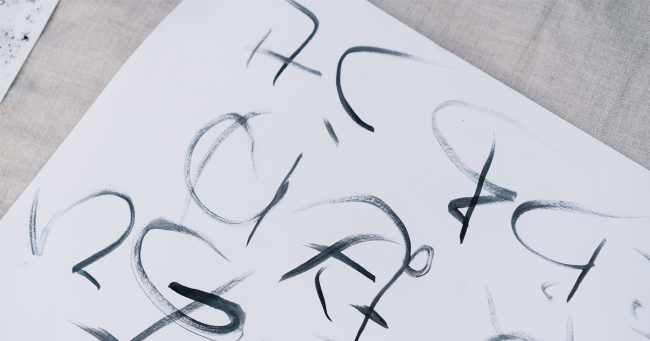「う」=U
「ち」=Chi
「く」=Ku
「ら」=Ra
「け」=Ke
「ん」=N
「い」=I
「ち」=Chi
ですから
The Problem with Romaji
When studying Japanese, studying “Hiragana", "Katakana", and "Kanji" from the beginning is rare. Instead, you’ll start by studying “romaji” first. However, the Japanese language isn’t based on romaji. So, it’s common for people to pronounce words learned in romaji strangely.
For example, my name in hiragana is "うちくら けんいち (Uchikura Kenichi)”, but the romaji pronunciation actually changes when compared to the Japanese one.
「う」=U
「ち」=Chi
「く」=Ku
「ら」=Ra
「け」=Ke
「ん」=N
「い」=I
「ち」=Chi
The Japanese pronunciation is "U", "Chi", "Ku", "Ra", "Ke", "N", "I”, and "Chi". But when pronounced in romaji, it becomes " U", "Chi", "Ku", "Ra", "Ke", "Ni", and "Chi". The reason why the pronunciation changes is because the “N” does not pronounce as a single “N” and is instead connected to the adjacent “I” and thus becomes “Ni”.
Therefore, when pronouncing words in Japanese, considering whether “N” is a single “N” or a part of "Na", "Ni", "Nu", "Ne", or No". Pronouncing words in Japanese is essentially based on pronouncing hiragana one character at a time. So, when learning Japanese, try to study hiragana as early as possible.
sign up for the Japanese-Online Newsletter
__..-・**・-..__..-・**・-.._ あいうえお かきくけこ さしすせそ たちつてと なにぬねの はひふへほ まみむめも やいゆえよ らりるれろ わゐうゑを ん __..-・**・-..__..-・**・-.._
#JapaneseOnline #LearningJapanese #FreeJapaneseLessons #JapaneseVideoLearning #JapaneseAnime #Anime #JapaneseFood #Bloguru

